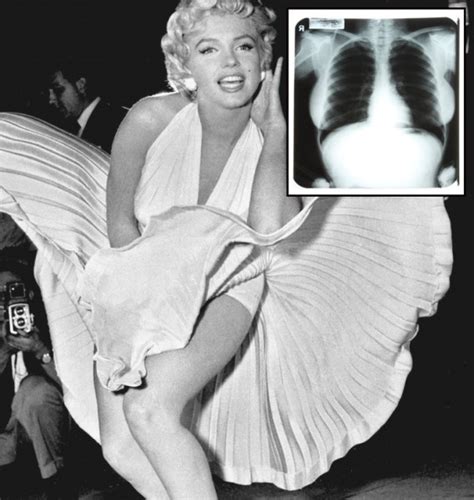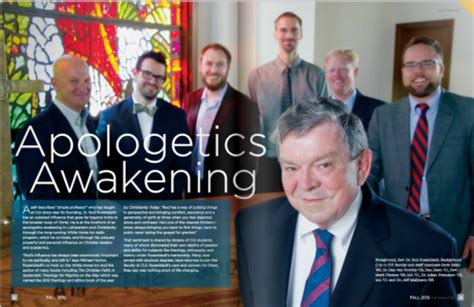A Quote by William Hazlitt
Virtue steals, like a guilty thing, into the secret haunts of vice and infamy, clings to their devoted victim, and will not be driven quite away. Nothing can destroy the human heart.
Related Quotes
Any punishment that does not correct, that can merely rouse rebellion in whoever has to endure it, is a piece of gratuitous infamy which makes those who impose it more guilty in the eyes of humanity, good sense and reason, nay a hundred times more guilty than the victim on whom the punishment is inflicted.
Virtue will catch as well as vice by contact; and the public stock of honest manly principle will daily accumulate. We are not too nicely to scrutinize motives as long as action is irreproachable. It is enough (and for a worthy man perhaps too much) to deal out its infamy to convicted guilt and declared apostasy.
Loneliness is the worst pain in this world. It constantly eats away the person's heart, and can cause the person to hate, to feel enraged. It is like a wound of the heart; the type of wounds that cannot go away with a kiss or a hug. The only thing that can make this great pain go away is love and compassion, another human heart to pull them out of this hell.
Taste and elegance, though they are reckoned only among the smaller and secondary morals, yet are of no mean importance in the regulations of life. A moral taste is not of force to turn vice into virtue; but it recommends virtue with something like the blandishments of pleasure, and it infinitely abates the evils of vice.


































